Chinese Parents Are Following Their Children To University In The United States
June 26, 2016 in Daily Bulletin

The Economist writes that the American university experience is increasingly a family one for Chinese students:
- Hundreds of thousands of students from China come to the United States to study every year.
- Now Chinese parents are increasingly opting to come and stay with them.
- As a result of the one child policy many parents have just the one child to take care of, and they want to make sure that they do well in the United States.
- It’s usually the mothers – fathers will often stay behind – and they see their role as cooking and cleaning, ensuring that their offspring don’t just survive on Red Bull and ramen.
- There are so many of them that Connecticut now even has a “Yale Chinese grandparents’ village”.
- In fact, as much as 70% of Chinese investment in American real estate may relate to parents wanting to support a child’s education.
- By purchasing a home outright parents also help make their children more attractive marriage prospects.
Read more over here.
Source: The Economist
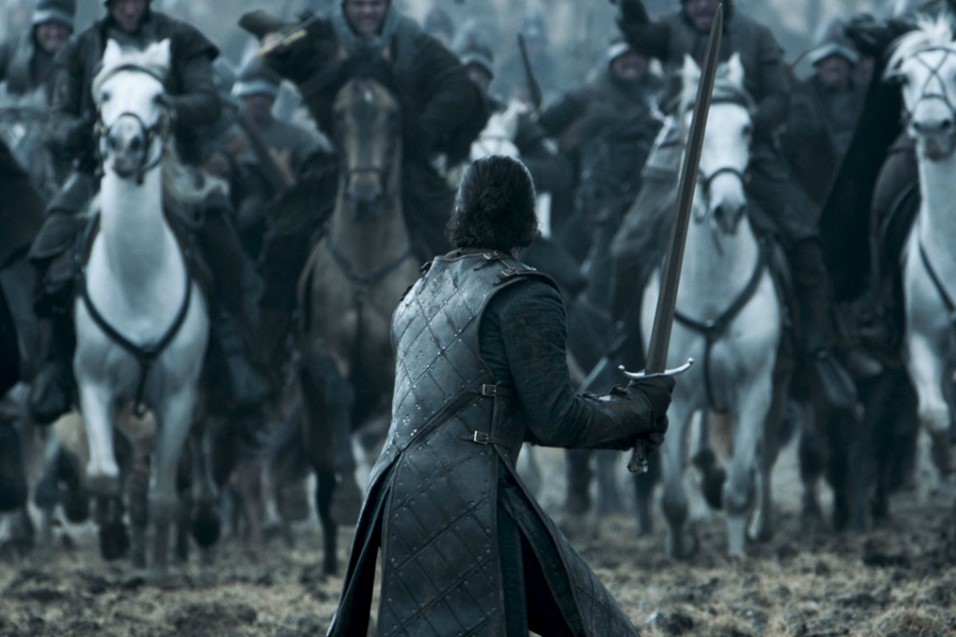
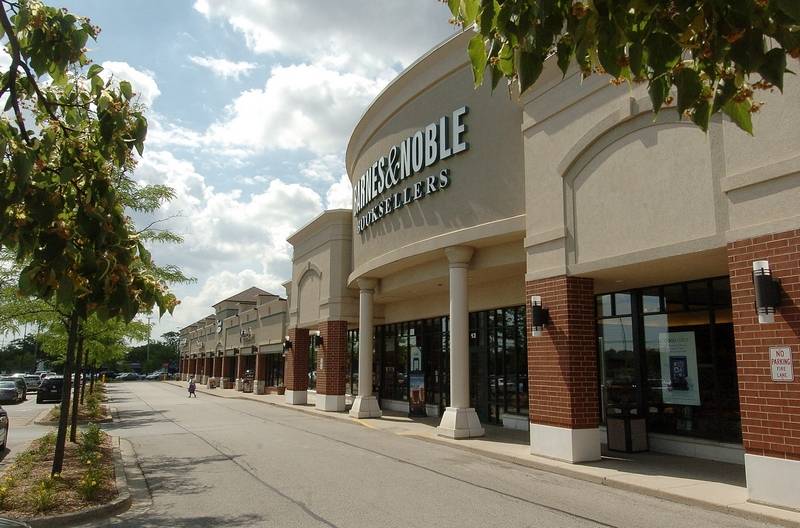
![starbucks_gold[1]](http://www.Centives.net/S/wp-content/uploads/2016/06/starbucks_gold1-1024x682.jpeg) Shane Ferro looked at some startling Starbucks numbers:
Shane Ferro looked at some startling Starbucks numbers: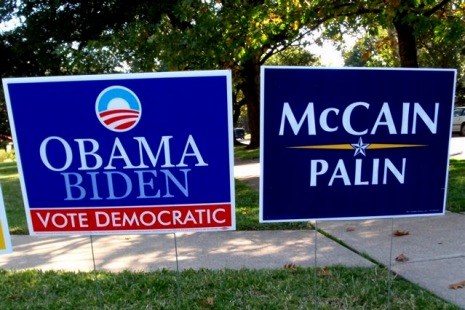 Ernie Smith wrote about the use of lawn ads in political campaigns:
Ernie Smith wrote about the use of lawn ads in political campaigns: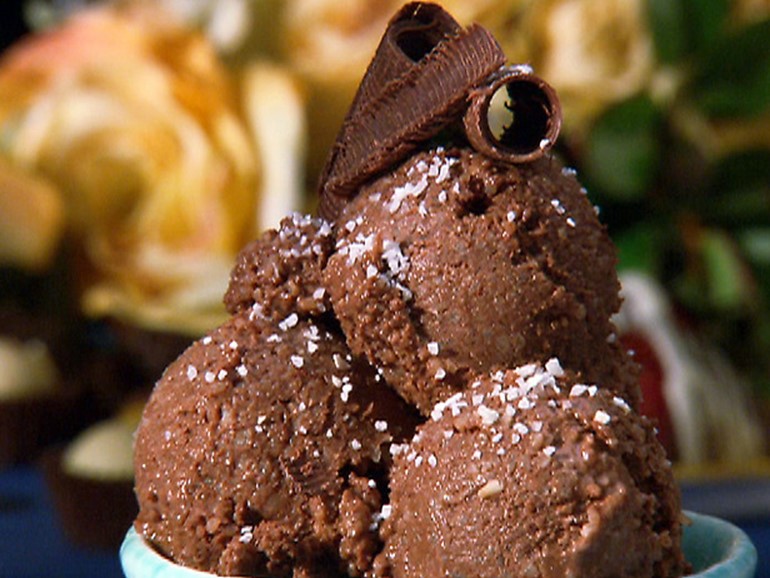

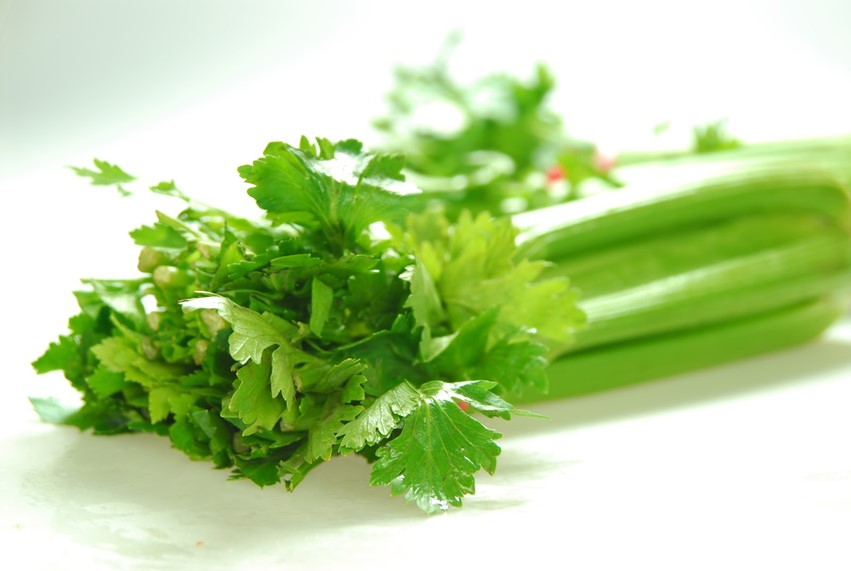
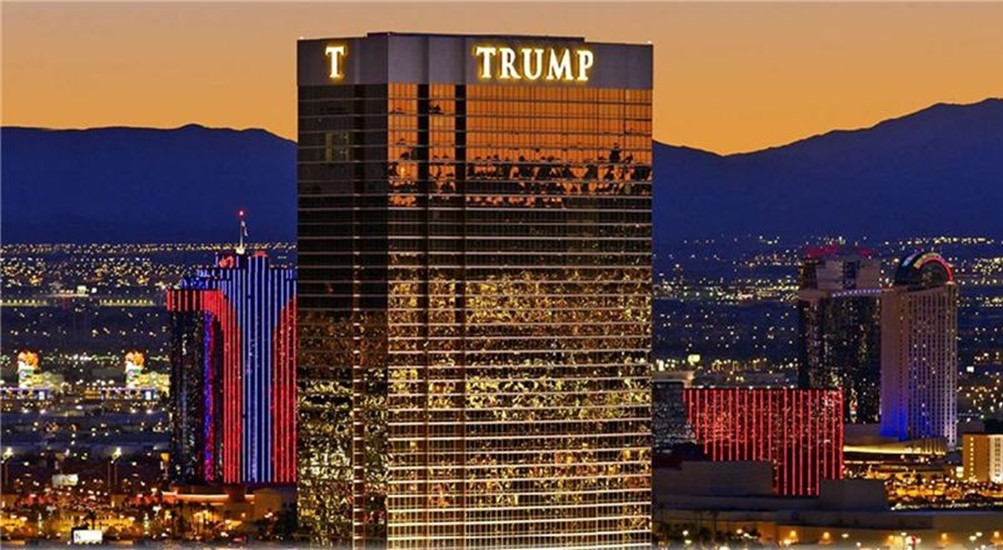

Join the Discussion! (No Signup Required)